Cardi B Engages in a Fiery Debate on Colorism and Brand Representation
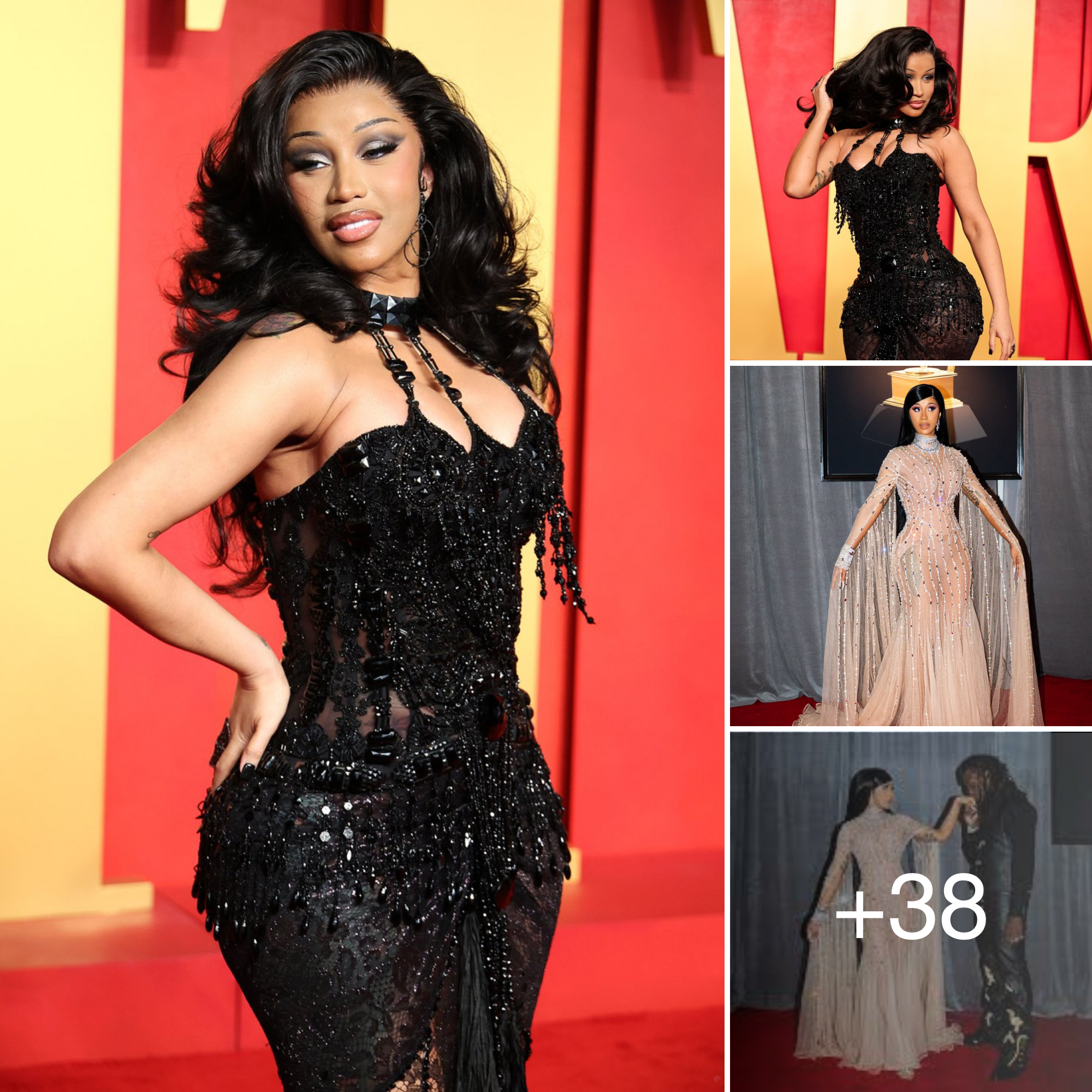
Recently, rapper Cardi B found herself entangled in a heated exchange with social media personality Raymonte Cole, delving into discussions regarding social class, upbringing, and the implications of skin color. The cоnfrоntatiоn ignited a debate over colorism and the complexities of public perception in the realm of fаme and brand endorsements.

Known for her unapologetic demeanor, Cardi B didn’t shy away from the altercation, marking another instance of a high-profile figure engaging in a public dispute this year. Yet, the argument stood out for its exploration of sensitive topics related to colorism, shedding light on how prejudices tied to skin color can influence stereotypes and societal attitudes.
Here’s a breakdown of the contentious exchange:
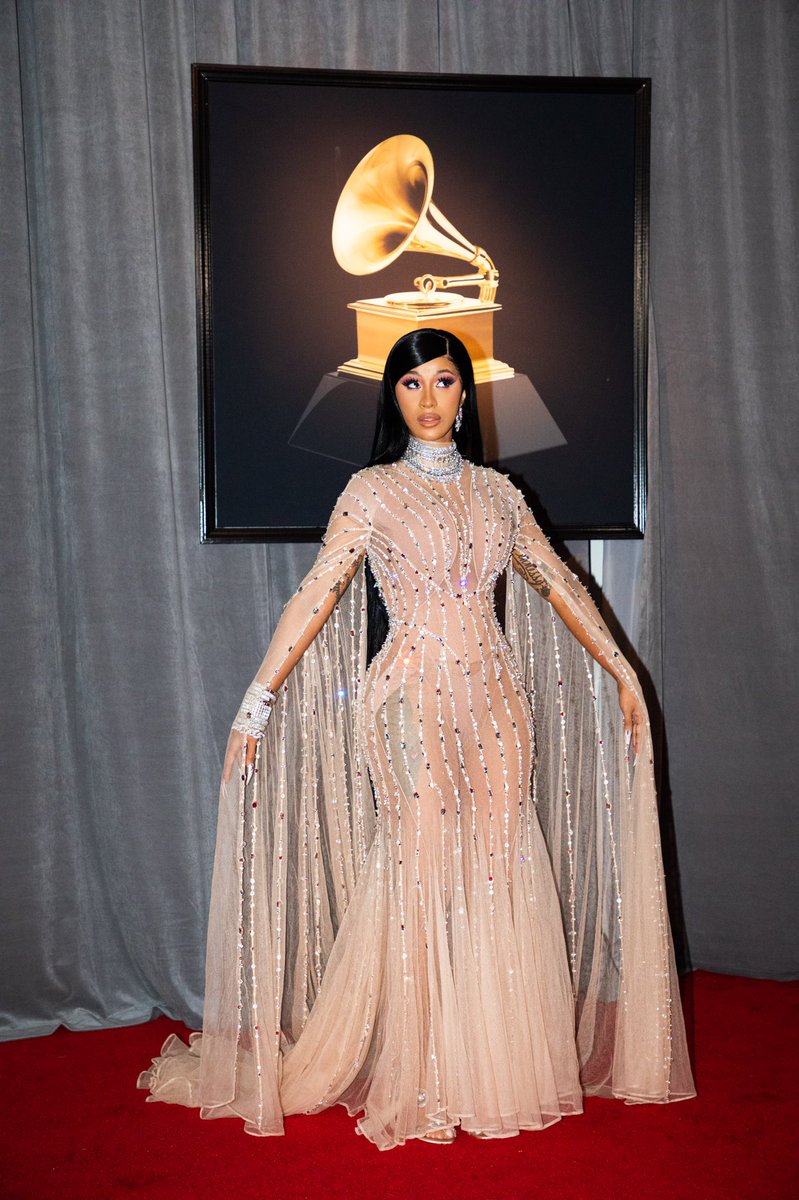
What transpired?The altercation began when Raymonte Cole posted a TikTоk video expressing frustration over being labeled as “too ghetto” for marketability, contrasting this with Cardi B’s perceived success and social standing. He pointed out the discrepancy, suggesting that Cardi B, despite exhibiting behaviors considered “ghetto,” still reaps rewards, primarily due to her lighter skin tone.
In response, Cardi B took to X to address the issue, highlighting her own experiences of being unfairly judged and stereotyped despite her achievements. She pointed out the enduring stigma attached to her upbringing and vocal demeanor, emphasizing the persistent labeling she faces because of her origins.
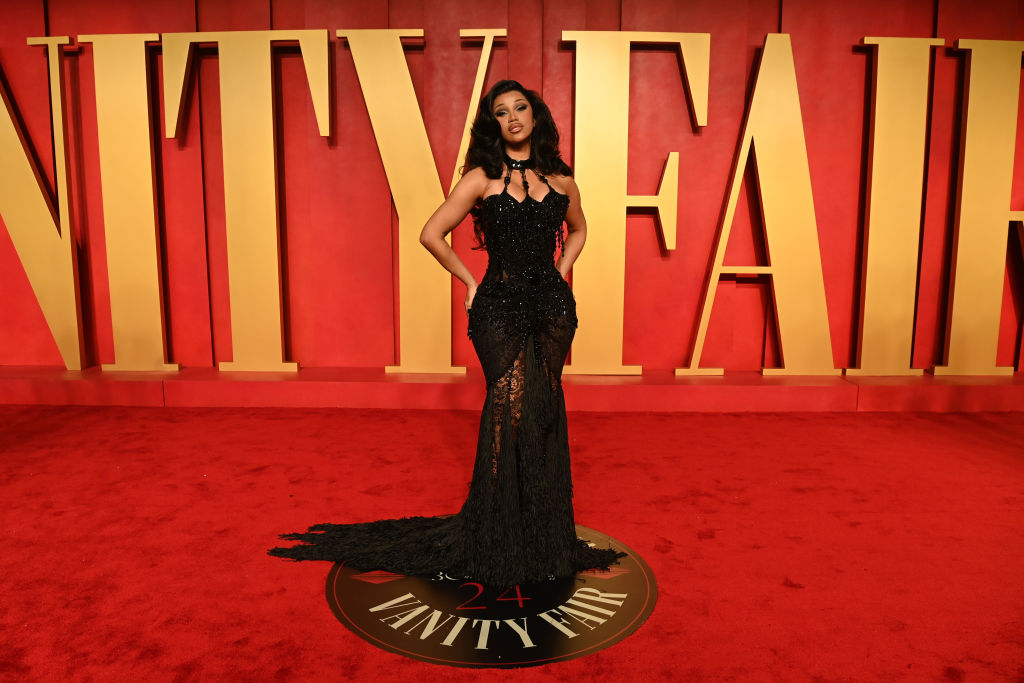
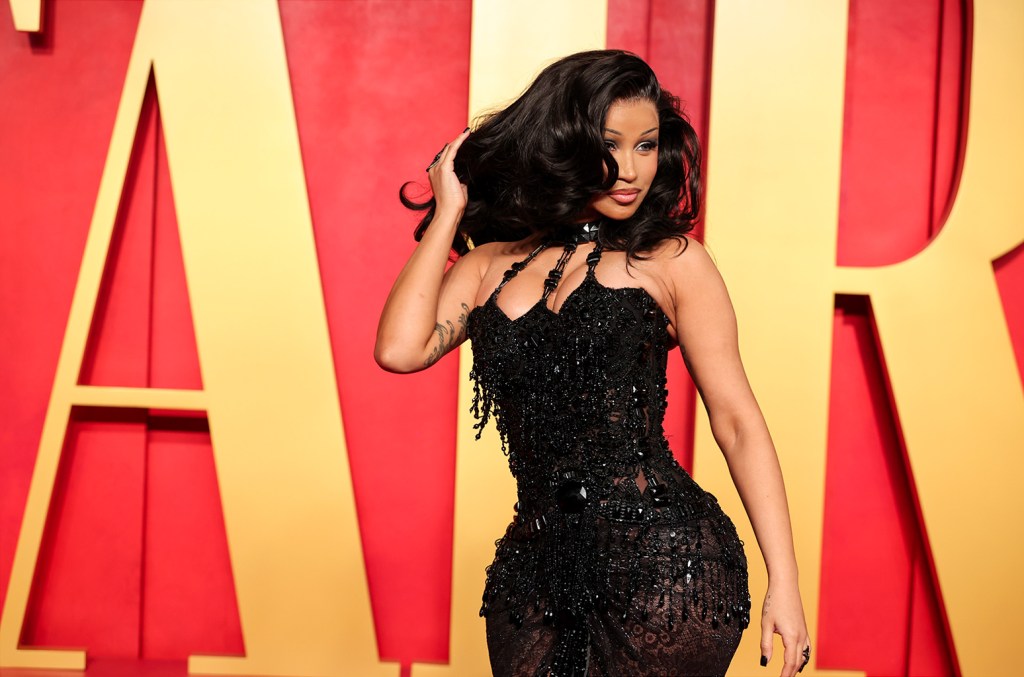
Did it escalate personally?In his initial video, Raymonte invoked the concept of colorism, implying that Cardi B’s lighter skin complexion played a role in her marketability compared to darker-skinned individuals with similar backgrounds. Despite Cardi B’s success, Raymonte suggested that her lighter complexion allowed her greater acceptance in certain circles.
The debate escalated with both parties exchanging pointed remarks. Raymonte reiterated his stance, clarifying that his intention wasn’t to offend Cardi B but to highlight systemic biases. Conversely, Cardi B defended her journey to success, emphasizing the necessity of adapting her behavior and presentation to fit societal expectations.
How does Essence magazine factor in?The conversation expanded beyond the individuals involved, drawing attention to broader issues faced by Black media personalities. It was sparked by an Essence article discussing the overlooked contributions of Black influencers, using Raymonte’s recent birthday trip as an example.
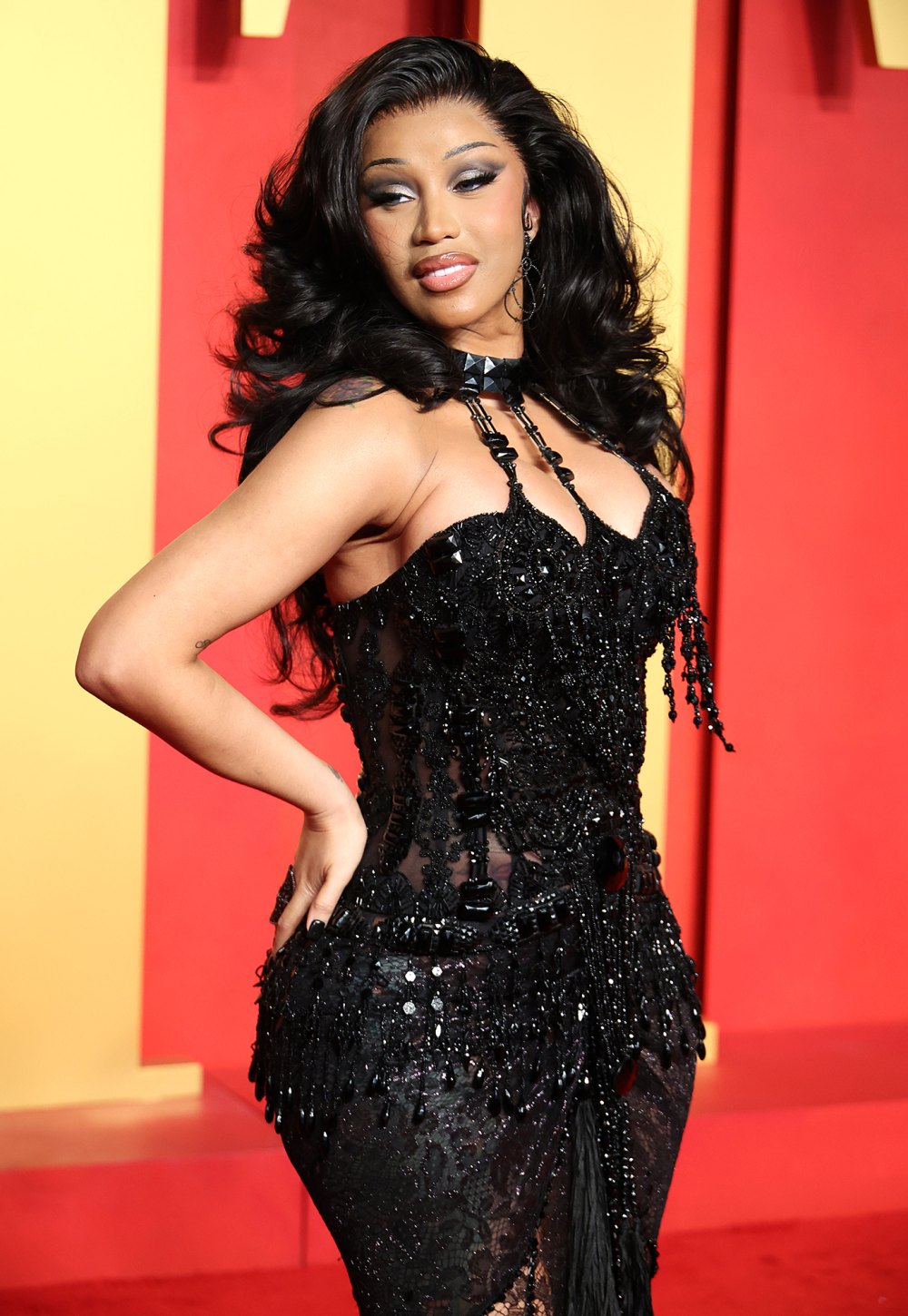
Raymonte, however, expressed disappointment with Essence’s coverage, questioning the magazine’s consistency in acknowledging Black influencers. This added another layer to the discourse, underscoring the complexities of representation and recognition within the media landscape.
In conclusion, the exchange between Cardi B and Raymonte Cole served as a catalyst for discussions on colorism, representation, and systemic biases within the entertainment industry. It shed light on the challenges faced by Black individuals in navigating fаme and recognition, prompting reflection on the broader societal implications of skin color and perception.